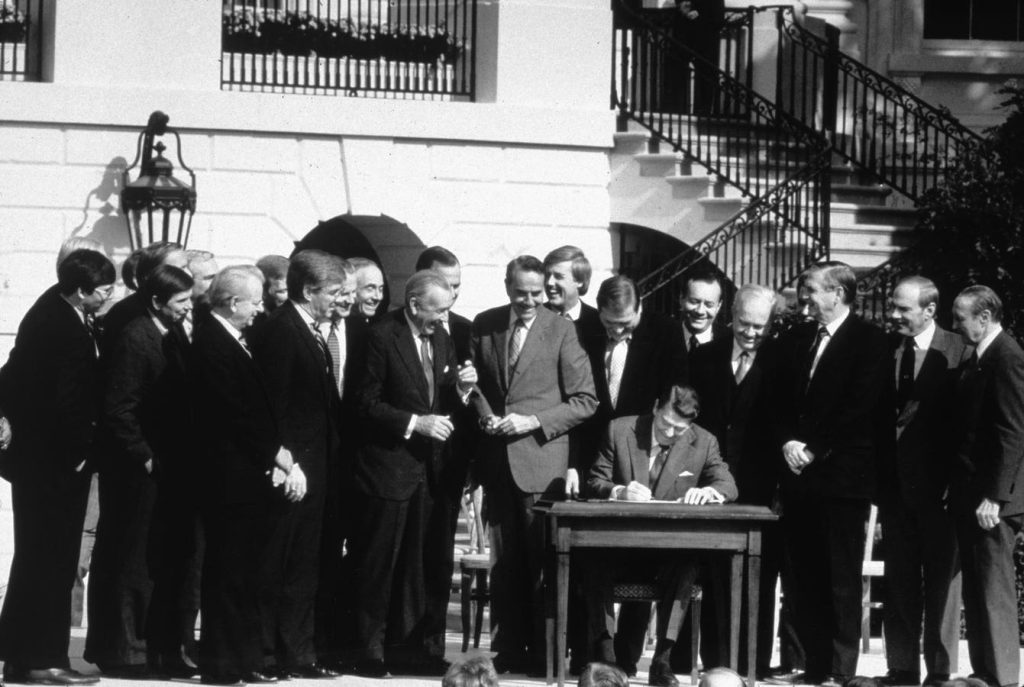As tax day approaches, Americans are facing the daunting task of completing their tax returns under the complex and confusing federal tax system. The Tax Reform Act of 1986 represented a significant bipartisan achievement that simplified the tax code by reducing rates and eliminating loopholes. However, over the years, many of these reforms have been reversed, leading to a tax code that is now longer and more intricate than ever before.
The current tax code requires significant time and resources for Americans to navigate, with taxpayers spending an average of 13 hours on their returns. The reliance on tax preparers and software tools has further highlighted the system’s complexity. Additionally, the proliferation of tax breaks has resulted in a staggering tax gap of $625 billion, exacerbating the deficit and debt issues faced by the government.
Both political parties have failed to address the need for comprehensive tax reform, with Republicans focusing on tax cuts for the wealthy and Democrats advocating for more social tax breaks. The proposal for the IRS to handle tax filing on behalf of taxpayers is seen as a band-aid solution that fails to address the root cause of the issue. A hypothetical no-file tax system would be costly to implement and likely lead to inaccuracies that could result in higher tax bills for individuals.
While achieving tax reform in today’s hyper-partisan political environment may be challenging, the case for comprehensive reform is clear. Building on past reform efforts, such as the 1986 Tax Reform Act and the 2011 Fiscal Commission’s recommendations, could provide a roadmap for reducing rates, increasing revenue, and simplifying the tax code. Implementing such reforms would benefit the economy and demonstrate to voters that the government can still rise to the occasion when needed.
Taking on tax reform will require significant effort, but the potential benefits far outweigh the challenges. By embracing real and comprehensive reform, Congress has the opportunity to address the complexities and inefficiencies of the current tax system, ultimately benefitting both taxpayers and the economy as a whole.


